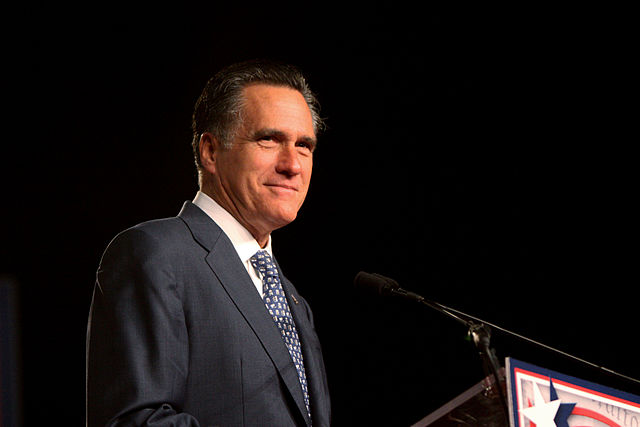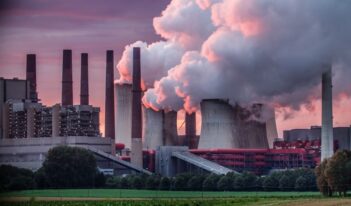
Republican front-runner proposes reining in regulation while increasing production of domestic energy sources.
Mitt Romney’s victory yesterday in the Florida primary would appear to make it more likely he will be the Republican nominee for the 2012 U.S. presidential election. Most members of the public presumably know well by now that Romney would, if elected, offer a different approach to tax policy and other economic issues than President Obama has advanced.
Perhaps less well known are Mitt Romney’s ideas for energy and environmental policy. Last September, the Romney campaign released a 59-point plan for increasing jobs and economic growth which outlines Romney’s approach to energy and the environment.
In his plan, Romney criticizes the Obama Administration’s Environmental Protection Agency for adopting “excessive environmental regulation,” which he claims has increased costs and deterred economic investment. If elected, Romney will seek to have Congress amend the Clean Air Act to “exclude carbon dioxide from its purview.” In addition, he will work to reform all environmental laws so that costs can be accounted for at every step in the regulatory process. As for any future environmental regulation, Romney will ensure a multi-year period for businesses to comply with new standards.
Like President Obama, Romney has called for increasing production of domestic energy sources, such as offshore oil, coal, and natural gas through hydraulic fracturing or “fracking.” However, he specifically favors proposals to “streamline” and “fast track” the permit process for energy exploration and development. Romney also supports the exapansion of nuclear energy and pledges to streamline Nuclear Regulatory Commission procedures so that nuclear plant designs can be approved more readily without, he insists, compromising safety.
Romney opposes government investment in specific renewable energy strategies, describing such funding as “time and money wasted.” Instead, he favors governmental support for more basic research on innovative energy technologies that will enhance the production of domestic energy.



